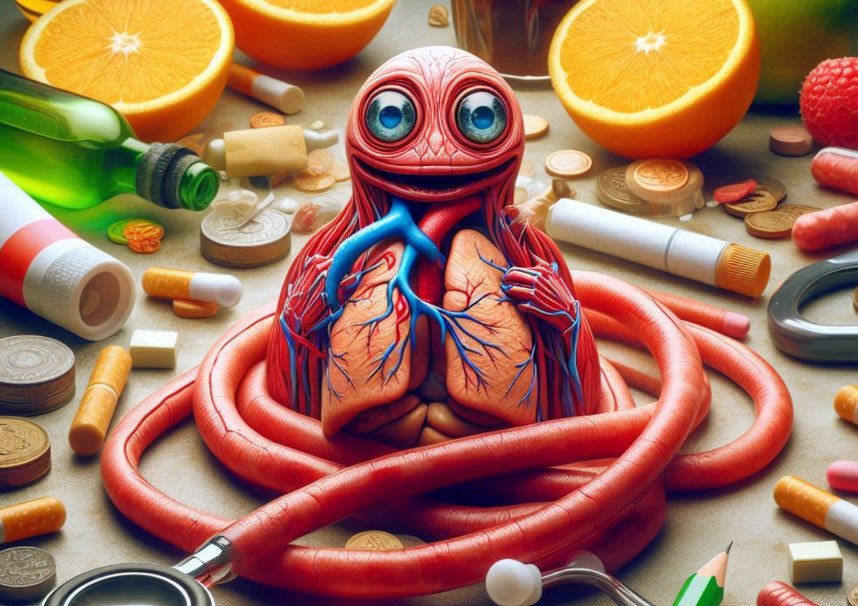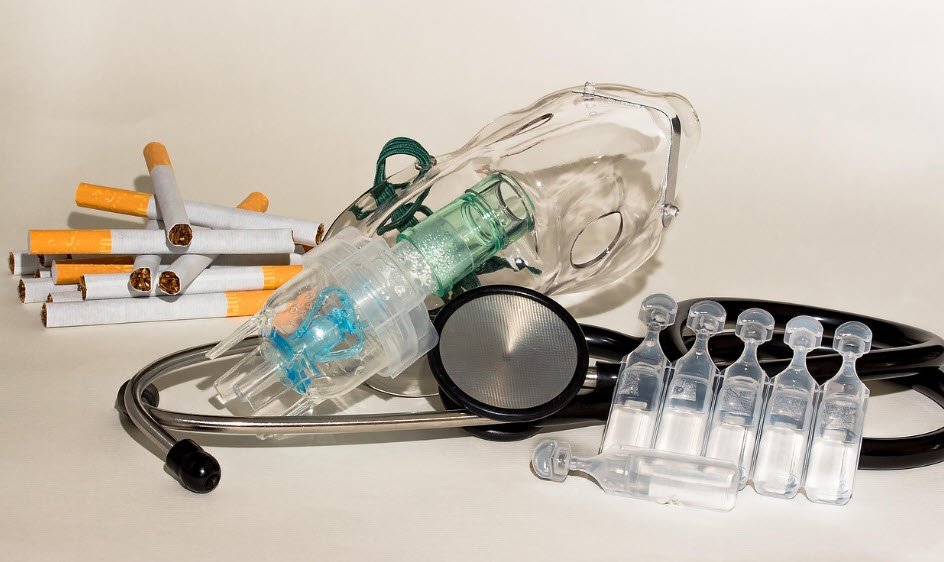Understanding Lung Cancer
Lung cancer is one of the most common cancers worldwide, developing when abnormal cells grow uncontrollably in the lungs. These malignant cells can invade nearby tissues and spread to other parts of the body through metastasis.
Main Types of Lung Cancer
1. Non-Small Cell Lung Cancer (NSCLC)
Accounts for about 85% of cases. Includes subtypes:
- Adenocarcinoma (most common type in non-smokers)
- Squamous cell carcinoma
- Large cell carcinoma
2. Small Cell Lung Cancer (SCLC)
More aggressive type representing about 10-15% of cases, strongly associated with smoking.
Common Symptoms of This Type of Cancer
- Persistent cough that worsens
- Coughing up blood or rust-colored phlegm
- Chest pain that worsens with deep breathing
- Hoarseness
- Shortness of breath
- Unexplained weight loss
- Fatigue
- Recurrent respiratory infections
Risk Factors and Prevention
Primary Risk Factors
- Smoking (accounts for 80-90% of cases)
- Secondhand smoke exposure
- Radon gas exposure
- Occupational exposures (asbestos, arsenic, diesel exhaust)
- Family history of lung cancer
- Previous radiation therapy to the chest
Prevention Strategies
- Don't smoke or quit smoking
- Test your home for radon
- Minimize workplace exposures
- Eat a diet rich in fruits and vegetables
- Consider screening if at high risk
Diagnosis Process
Diagnostic Tests
- Imaging tests (chest X-ray, CT scan, PET scan)
- Sputum cytology
- Biopsy procedures (needle, bronchoscopy, surgical)
- Molecular testing of tumor tissue
Treatment Options
Standard Treatments
- Surgery: For early-stage cancers (lobectomy, segmentectomy, wedge resection)
- Radiation therapy: External beam or stereotactic body radiotherapy (SBRT)
- Chemotherapy: Often used before or after surgery, or for advanced cases
- Targeted therapy: For cancers with specific genetic mutations (EGFR, ALK, ROS1, etc.)
- Immunotherapy: Checkpoint inhibitors that help immune system recognize cancer cells
Frequently Asked Questions
Q: Can you get lung cancer if you've never smoked?
A: Yes, about 10-20% of lung cancer cases occur in non-smokers. Other risk factors include radon exposure, exposure to asbestos products, secondhand smoke, and genetic factors.
Q: What's the survival rate for lung cancer?
A: Survival rates vary by stage and type. The 5-year survival rate for all stages combined is about 23%, but early-stage cancers have much better outcomes (up to 60% for localized NSCLC). So get checked out as soon as possible if you have symptoms.
Q: Who should get lung cancer screening?
A: Current guidelines recommend annual low-dose CT scans for adults aged 50-80 who have a 20 pack-year smoking history and currently smoke or quit within the past 15 years.
Q: Are there new treatments for advanced lung cancer?
A: Yes, immunotherapy and targeted therapies have significantly improved outcomes for many patients with advanced lung cancer in recent years.
Q: Does vaping cause lung cancer?
A: While vaping is less studied than smoking, e-cigarettes contain known carcinogens. The long-term cancer risk is still being researched, but vaping is not considered safe.
Living With Lung Disease
- Managing treatment side effects
- Pulmonary rehabilitation for breathing difficulties
- Nutritional support
- Emotional and psychological support
- Palliative care for symptom management
Key Takeaways
- Lung cancer has two main types with different characteristics and treatments
- Smoking is the leading risk factor but not the only cause
- Early detection through screening improves outcomes significantly
- New targeted therapies and immunotherapies are changing treatment landscapes
- Supportive care is crucial for quality of life during treatment
The content of this post is provided for informational purposes only. It is essential to consult with a qualified healthcare professional before making any decisions regarding your health or wellness. The author is not a licensed medical professional, and this information should not be considered medical advice.
Have you or someone you know been affected by lung cancer? Share your experiences or questions in the comments below.
If you require any assistance with this article, please do not hesitate to Contact Us











